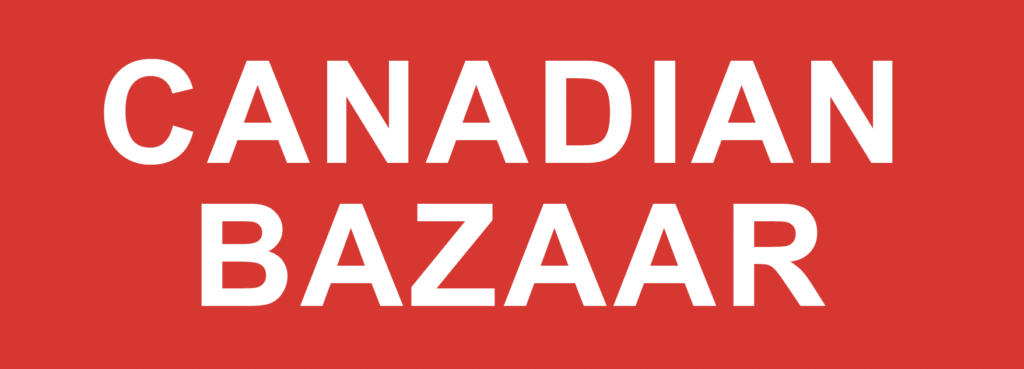
TORONTO: The controversy surrounding the proposed – and approved – Kinder Morgan pipeline to transport bitumen from Alberta to the port of Burnaby in B.C. has escalated to a point where it now has the potential to derail the careers of several senior politicians.
This is demonstrated by the acrimony that has developed between the two premiers – Rachel Notley of Alberta and John Horgan of British Columbia. Although both belong to the same NDP, the expected bonhomie or camaraderie between them is noticeable by its absence.
Ms. Notley has taken the rather extreme step of adopting policy measures that can only be called a baby step towards economic sanctions aimed at B.C. This can, with reason, be called arm-twisting, and is suggestive of her desperation. Mr. Horgan, for his part, is equally intransigent, and has refused to budge from his position despite intervention by the Prime Minister himself.
As for the Prime Minister, Trudeau’s troubles are largely of his own making. Since assuming office in October 2015, and after a considerably long period of honeymoon, he has acquired a bit of a reputation for his ill-advised declarations. Thus, he was being true to his character when he announced, with respect to the pipeline, that ‘while governments give permits, it is only the community that gives permission’. This seemingly clever distinction between ‘a permit’ on one hand, and ‘permission’ on the other, has a deeply corrosive effect on the systems of governance; it undermines the writ of the government, including the authority of its regulatory and executive branches, and effectively hands over control to entities that have, as their raison d’etre, active prevention of a compromise between competing interests.
According to this formula of Mr. Trudeau, no amount of public consultation by the regulatory authorities and the executive, and no amount of yielding by one of the parties to an issue (most frequently businesses), and no amount of legislation by Parliament itself can lead to a conclusion that reflects a compromise. The only thing that would satisfy the objectors is total capitulation by the said parties, any adverse consequences to other stakeholders be damned. This would be a serious enough matter even if outside parties, i.e., non-Canadian interests were not to be involved. However, the oil and gas sector is, for a large part, a geopolitical play; as a nation, we ignore the possibility of external influence only at our peril.
Jagmeet Singh, the federal leader of the NDP, has continued to deliver the underwhelming performance with which his leadership has so far been characterized; he has supported Mr. Horgan’s inexplicable stand of taking the matter to the Supreme Court. This stand ignores two fundamental facts: one, that the project has already been approved (meaning all necessary inquiries relating to the environmental impact, etc., have been concluded to the satisfaction of the regulatory authorities, and two, that the federal government has an overriding authority in a project crossing provincial borders.
It also ignores a practical reality, viz., that Kinder Morgan has given an ultimatum that if their way to implement the project isn’t clear by May 31, they are prepared to abandon the project altogether.
So far, B.C. hasn’t even filed a letter of reference (which is the legal procedure to be followed here) in the court. Any review by the Supreme Court will certainly take longer than Kinder Morgan’s stated willingness to wait for a decision. Moreover, those who do not accept a regulatory approval (‘a permit’) are equally likely to reject a court verdict; they have been told, by none other than the Prime Minister himself, that only they have the power to give ‘permission’. The route suggested by Mr. Horgan, and endorsed by Mr. Singh, therefore, still leaves the outcome as uncertain as it is at present.
If the project falls through, the reverberations are more than certain to affect negatively the political fortunes of these four leaders.








